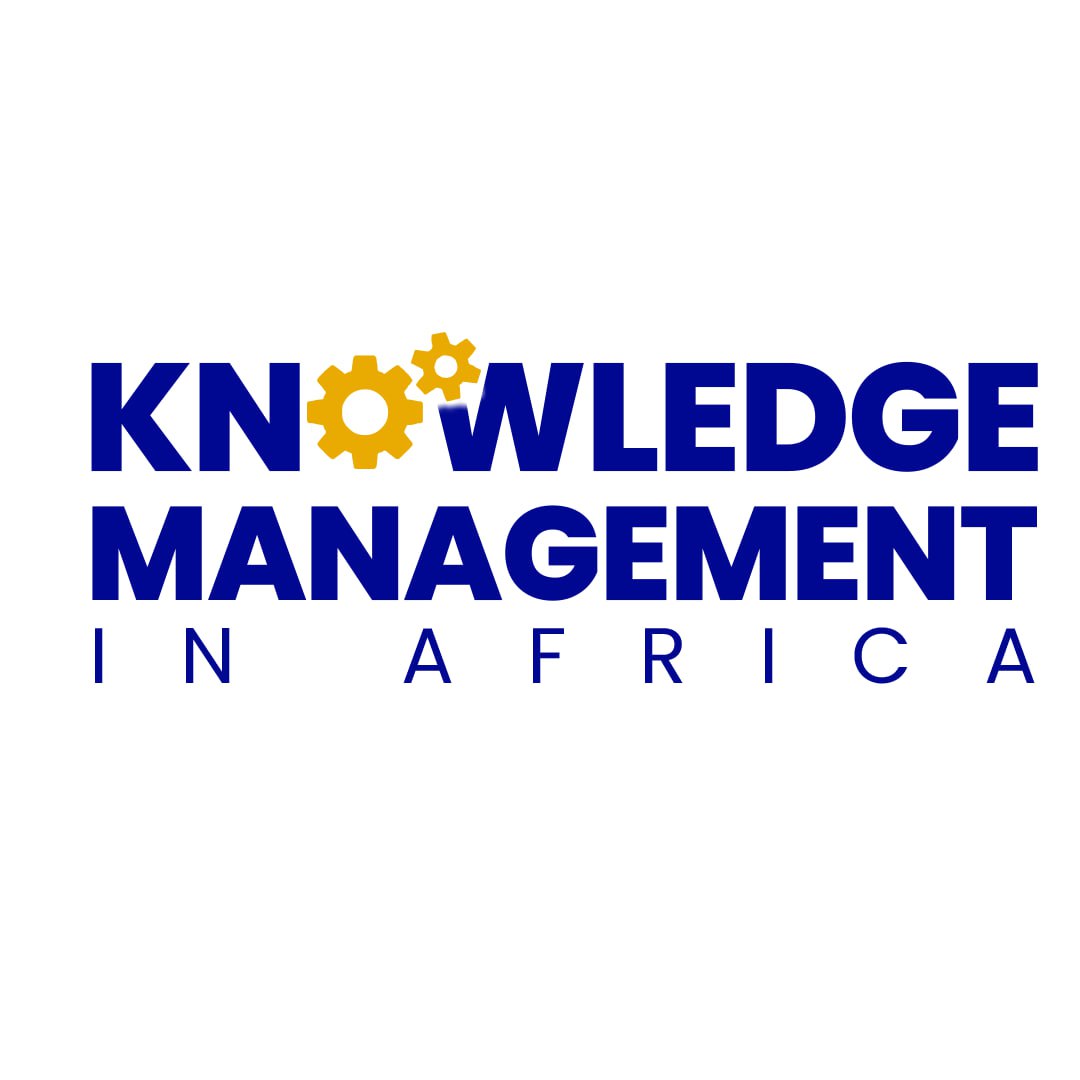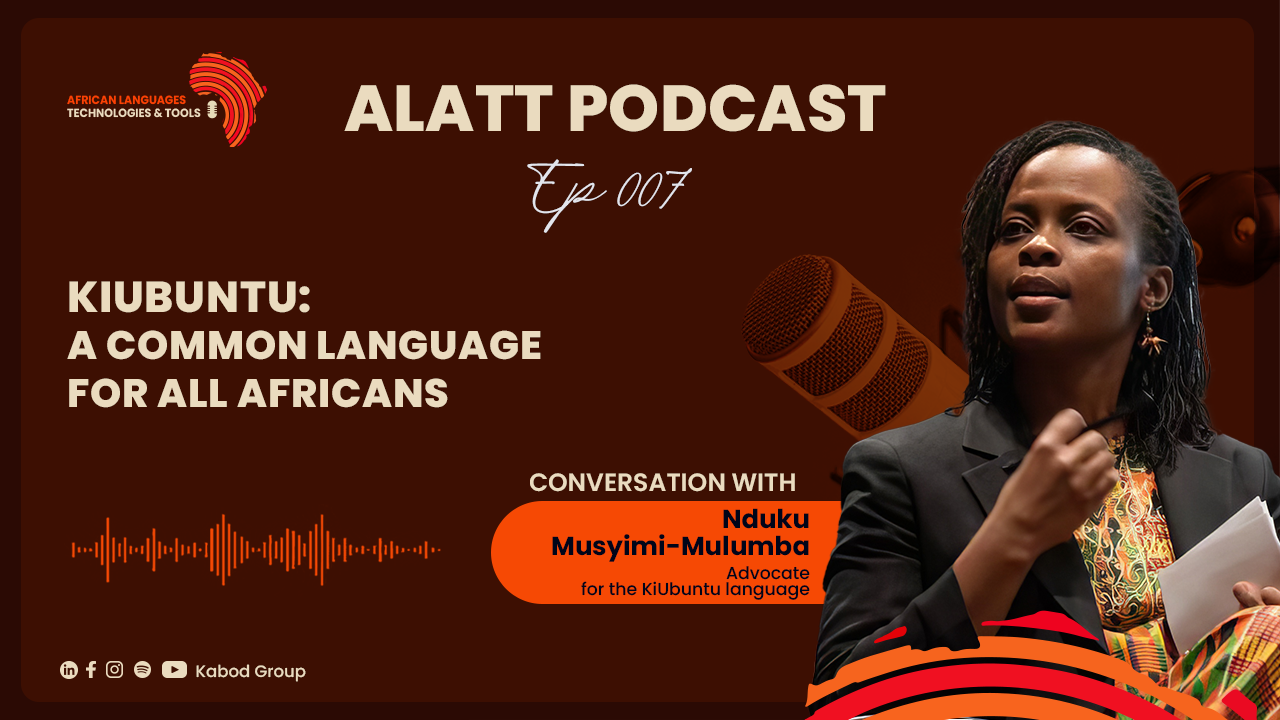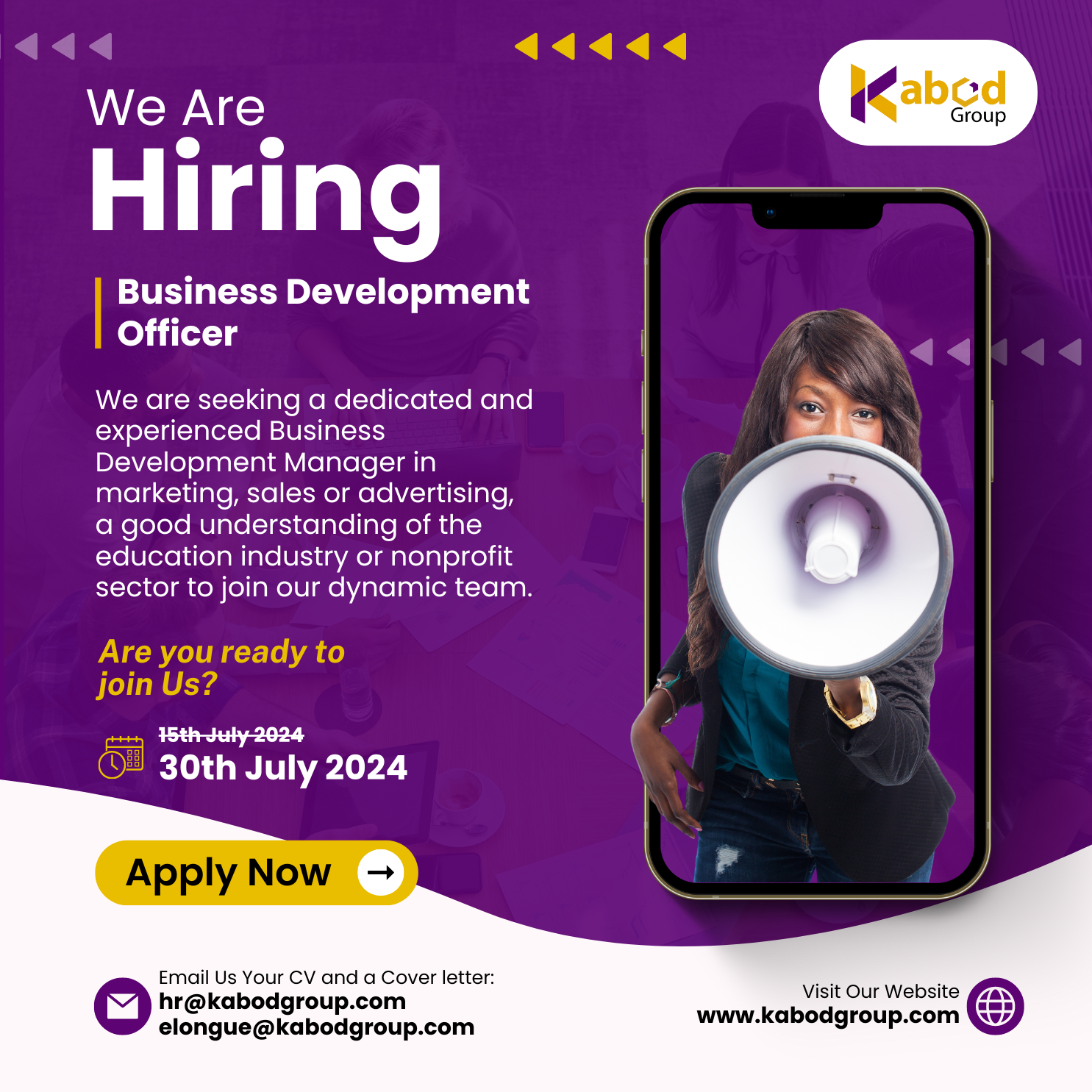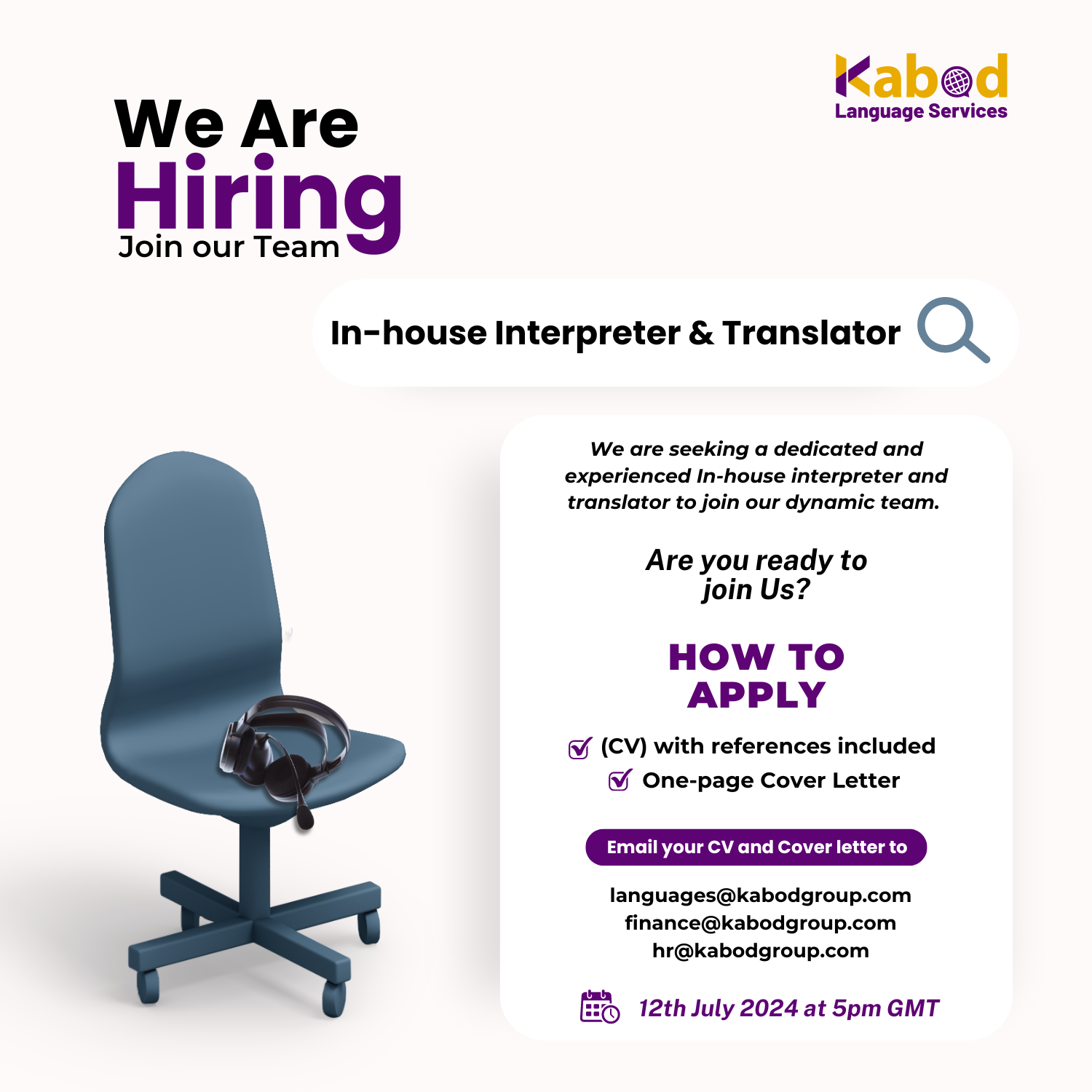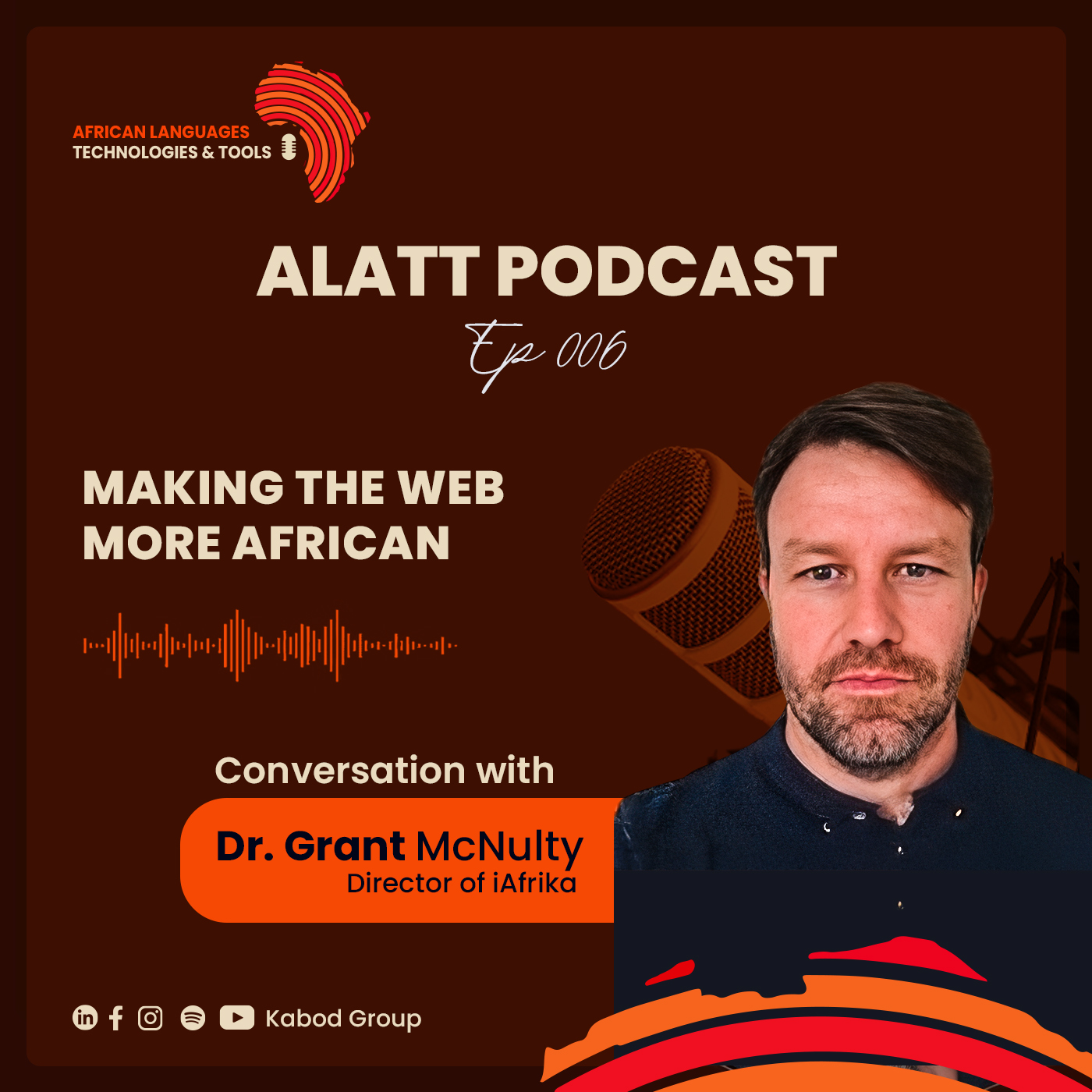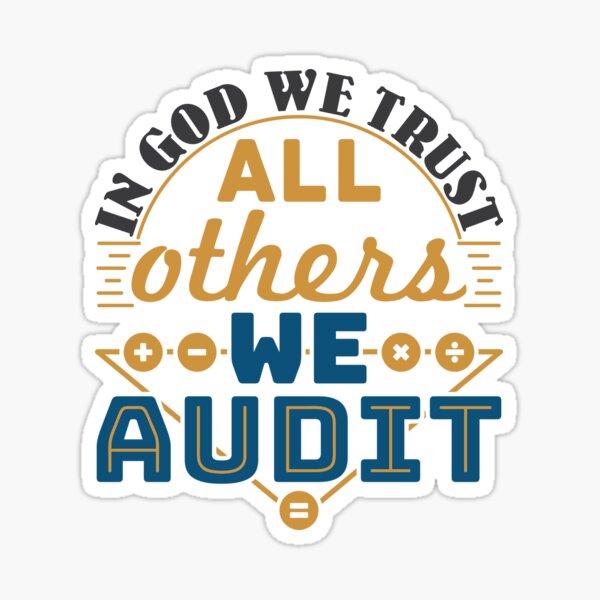
Despite its worldwide development and evolution, knowledge management is still a practice which value and strategic role hasn’t been properly understood by most companies in Africa. As a knowledge management practitioner and consultant, it is usually a hard time for me to explain the competitive advantage of knowledge management and how it can contribute to organizational efficiency, performance and profits through the maximization of resources.
Usually during inception meetings, clients are still skeptical and uncertain about the real value of KM for their organization. They usually think that having a good IT infrastructure is enough and ok to manage the ongoing activities. So, I usually to persuade and convince them through practical demonstrations, real case studies and previous client testimonies. At the end of such engagement, and no matter how diligent I would be, there would still be some skeptics but if the leader or CEO has been convinced, he/she would usually encourage the skeptics to explore the KM Path to see what would come out of it.
Once this first wall is broken, I usually explain to clients the relevance and process of conducting a knowledge audit of their organization. So in this blog, I want to share some of the key things to observe in doing so.
Why auditing knowledge in your organization is important?

Knowledge is power, we all know that. But we often forget that power is only powerful when effectively utilized and could even become a threat when not. Knowledge audit is therefore that dynamic process of identifying and assessing the availability, needs, sources, structure, use and importance of knowledge within your organization. It looks into the strengths and weaknesses of the information and what it is used for. It answers the following questions:
- What are your organization’s knowledge needs?
- What resources does your company have, and how are they managed/stored?
- What are the gaps in your company knowledge?
- How is company information shared throughout your organization?
- What is preventing knowledge from being shared across your company?
In other words, it consists in examining the Knowledge management culture and capabilities and lay a solid foundation for a KM strategy that solidify collaboration, productivity and innovation. Not auditing organizational knowledge thoroughly can however lead to a waste of money and resources. Hence the need for the leadership or management team to understand its relevance and invest time in its design and implementation.
Now that we understand what KM auditing consist of, let’s now look at how to do it effectively.
Focus on relevant knowledge assets

The more specific the audit is, the better it will be. Knowledge auditing that try to encompass the entirety of a large organization’s processes and business units are risky, time-consuming, and expensive. The Knowledge Audit must identify, capture, and assess the most important tacit and explicit knowledge, critical gaps and improvement opportunities. This mapping would help identity where to act to enhance decision making, collaboration and achieve key performance indicators.
Prepare conveniently

A key preparation step is building a strong audit team which may need to include also senior management, Academic, finance, HR, Legal, IT, Information Management, librarians and relevant team members. The team composition would depend on the goal of the assignment and the organization’s mission, vision and objectives. At the end, we usually map out organisation’ or the department key processes and IT systems that will be considered during the auditing. The data collected must also be the right one, well captured, documented and classified. Otherwise, you may find that the data collected in the audit cannot serve as a solid foundation for analysis.
Don’t neglect organisational culture

A KM Audit should not just examine the visible aspects of KM such as document repositories and collaboration tool use. It should examine how culture, employee attitudes, and management styles support and influence knowledge sharing and collaboration behaviors. Even though this may vary from one organization to the other, it’s important to recognize that organisations are living systems with pluralistic perspectives cohabitating with one another. Through surveys and interviews, I would collect data that enable to identify correlations between seniority, location, and business unit etc.
Present the ashes… and the beauty too!

The typical outputs from KM Audits include:
- Inventory of Knowledge Assets
- Identified Knowledge Needs
- Information/Knowledge Flow Maps
KM Audit deliverables should identify barriers to efficient and effective knowledge creation, access, and sharing across knowledge networks. Moreover, the knowledge auditing would also reveal the inefficiencies (e.g., duplication of efforts), knowledge gaps, and impediments to information sharing, expertise finding and collaboration. However, the KM Audit must highlight just not the negative but also the positive or good practices, especially those that should be maintained and scaled across the organization.
Below is a slide presenting more visually the whole process:
To independently assess your organizational readiness to knowledge management, I would recommend you to take this online test and here are interesting books for avid learners on KM. This article, for curious, further explains the key functions of knowledge management,
In general, understanding if knowledge is effectively managed and used can help you identify what information is needed to support your goals and where improvements should happen. You may, for example, find gaps in information, and you can use these insights to determine where to focus your team’s efforts. With an in-depth map of your knowledge and communication patterns, you will be able to identify the information and processes you need to develop an effective KM strategy and implement initiatives that are directly relevant to your team’s specific knowledge needs. I hope the KM auditing is a bit clearer and would like to hear your views and experiences too. If interesting in using Knowledge Management to improve your organization productivity, performance and profits, kindly schedule a call (+233 550157572) or email us at hello@christianelongue.com ! In the meantime, stay safe J


